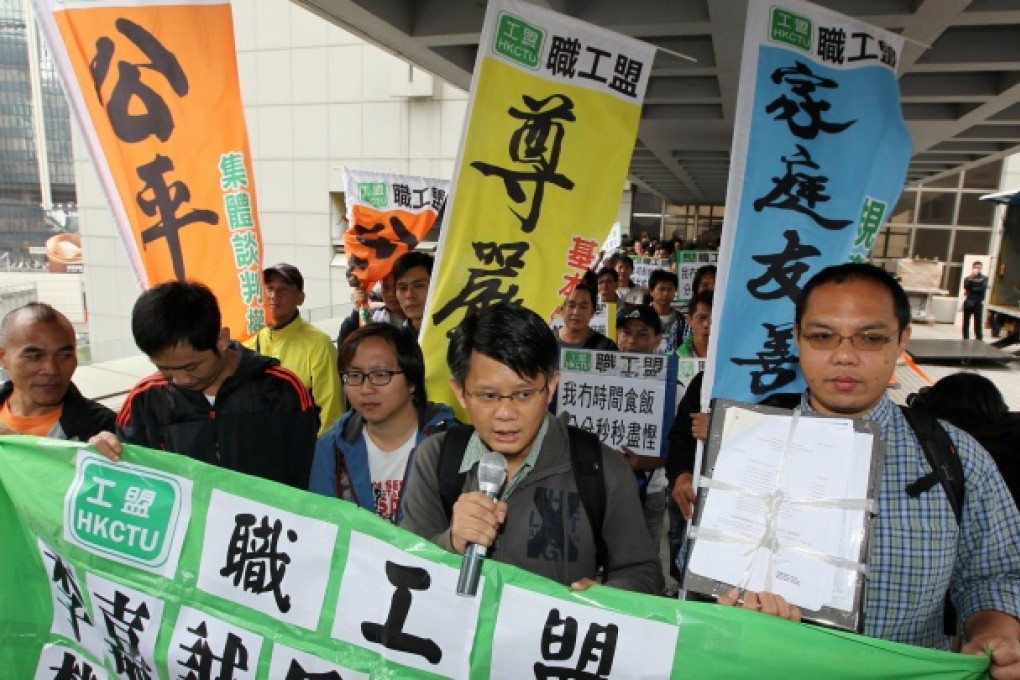
I am glad to hear that the strike by dockworkers has come to an end following their acceptance of a 9.8 per cent pay rise.
I did not share any feelings of euphoria over their so-called victory.
Our logistics industry, one of the major pillars of Hong Kong's economy, faces major challenges from other ports in the region.
This sector has been hurt by the dockers' actions. I think these workers were impetuous and did not consider the implications of their strike and its impact on society.
What if workers from other industries followed their example and launched large-scale strike action in an effort to get improved benefits? And what if, during the next strike, the workers and contractors failed to reach an agreement?
We are now seeing too many demonstrations and strikes in Hong Kong.